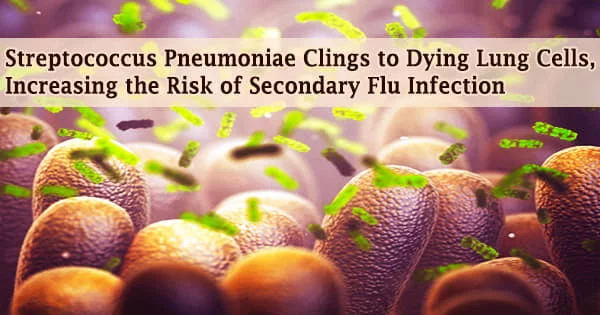Analysis of untreated sewage from 82 cities across Europe shows that people in Belgium, Croatia and the Netherlands took the most illegal drugs during the first wave of COVID-19 lockdowns. Collected between March and May 2020, samples were identified for MDMA, amphetamines and methamphetamine as well as cocaine and marijuana metabolism. The wastewater analysis project, run by the European Monitoring Center on Drugs and Drug Addiction, is now in its tenth year and the data from the latest edition make it more interesting to read than previous searches.
For example, the closure of nightlife venues has worsened the tendency to use MDMA, which is primarily consumed as a party drug. As a result, the trend of MDMA in water levels has dropped by almost half compared to the 2019 level. Overall, the Netherlands remains the top consumer of the MDMA continent, with the highest levels found in Amsterdam and Utrecht.
Meanwhile, cocaine use has increased steadily throughout Europe over the years, as evidenced by an increase in the concentration of benzoylecgonine (BE), its main metabolite in wastewater. In the last ten years, the average level of BE was detected in all the test sites where data was available for everyone. However, of the 49 sites for which data is available for both 2019 and 2020, 16 reported a decline in cocaine use, indicating that the epidemic has disrupted the general trend.
Overall, cocaine remains the most prevalent in Western Europe, with Antwerp and Zurich being the top drug users last year. Perhaps surprisingly, the unclean water levels of both MDMA and cocaine were higher everywhere on weekends than on weekends, suggesting that people usually use these substances when they don’t have to work the next day. To analyze the trend of cannabis use, the researchers looked for a metabolism called 11-Nor-9-Carboxy-Delta 9-Tetrahydrocannabinol (THC-COH).
Unlike other drugs, cannabis has been found not to be affected by the epidemic, with high levels of use throughout Europe. In 2020, Amsterdam and Zagreb had the highest levels of wastewater at THC-COOH, after Geneva and Paris.
















